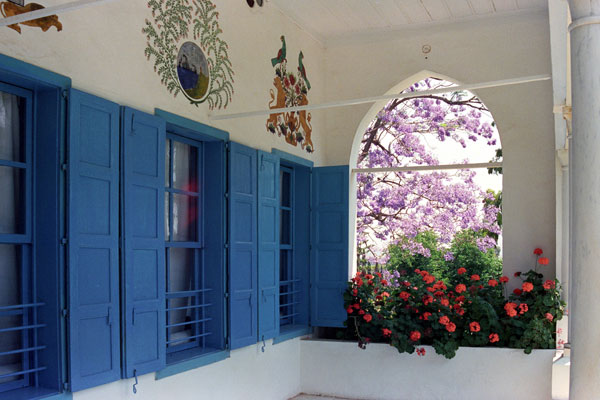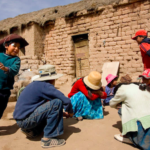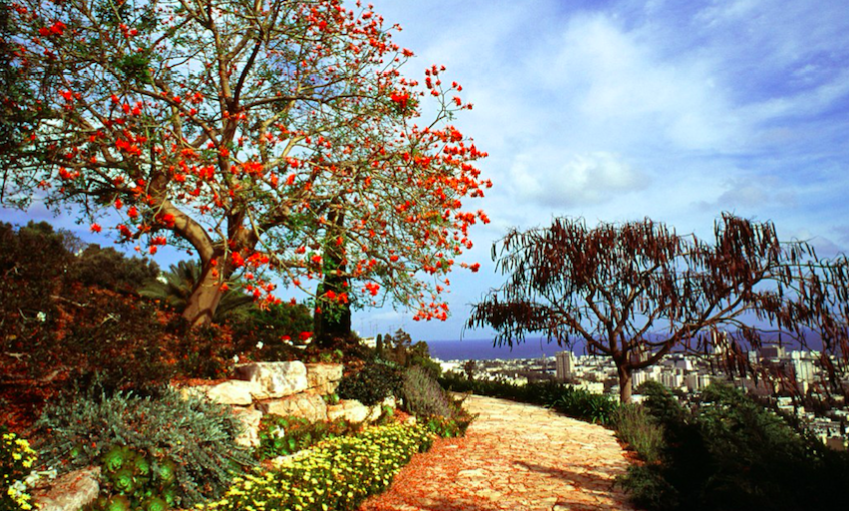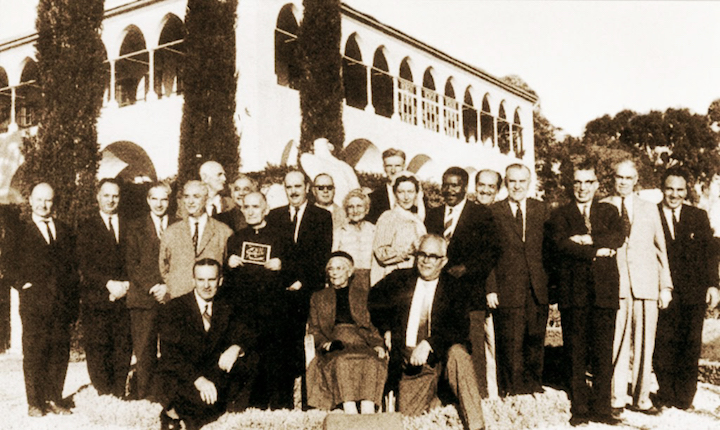
If the Learned Illuminated the Path to Human Unity …

“The cult of [national sovereignty] has become mankind’s major religion. The intensity of worship of the idol of the national state, is of course, no evidence that national sovereignty provides a satisfactory basis for the political organization of mankind … The truth is the very opposite … It seems fairly safe to forecast that, if the human race survives, it will have abandoned the ideal and practice of national sovereignty.” [Arnold Toynbee, The Reluctant Death of Sovereignty, Center for Study of Democratic Institutions, July 1970]
These are the words of a leading historian of the twentieth century. While there are other visionaries like him, there are few who so clearly illuminate the way ahead for humanity. Shoghi Effendi, the great grandson of Baha’u’llah, years earlier had written:
The call of Bahá’u’lláh is primarily directed against all forms of provincialism, all insularities and prejudices. If long-cherished ideals and time-honored institutions, if certain social assumptions and religious formulae have ceased to promote the welfare of the generality of mankind, if they no longer minister to the needs of a continually evolving humanity, let them be swept away and relegated to the limbo of obsolescent and forgotten doctrines. Why should these, in a world subject to the immutable law of change and decay, be exempt from the deterioration that must needs overtake every human institution? For legal standards, political and economic theories are solely designed to safeguard the interests of humanity as a whole, and not humanity to be crucified for the preservation of the integrity of any particular law or doctrine.[1]
In the Tablet to Maqsud, another letter of the latter years of Baha’u’llah’s mission, Baha’u’llah states:
If the learned and worldly-wise men of this age were to allow mankind to inhale the fragrance of fellowship and love, every understanding heart would apprehend the meaning of true liberty, and discover the secret of undisturbed peace and absolute composure.[2]
And further on:
If the learned and wise men of goodwill were to impart guidance unto the people, the whole earth would be regarded as one country. Verily this is the undoubted truth.[3]
We do not see that the world is one country, precisely because we are taught to see it as many. It is a social convention of human invention. It is not truth. It is now an aged convention that increasingly is at odds with human welfare.
A corollary of observations such as the foregoing is the centrality of education, and of knowledge to human progress and these are also themes which Baha’u’llah explores the Tablet of Maqsud.
Man is the supreme Talisman. Lack of a proper education hath, however, deprived him of that which he doth inherently possess.[4]
Regard man as a mine rich in gems of inestimable value. Education can, alone, cause it to reveal its treasures, and enable mankind to benefit therefrom.[5]
The learned of the day must direct the people to acquire those branches of knowledge which are of use, that both the learned themselves and the generality of mankind may derive benefits therefrom.[6]
Correspondingly a denial of access to knowledge is connected with human suffering.
Behold the disturbances which, for many a long year, have afflicted the earth, and the perturbation that hath seized its peoples. It hath either been ravaged by war, or tormented by sudden and unforeseen calamities. Though the world is encompassed with misery and distress, yet no man hath paused to reflect what the cause or source of that may be. Whenever the True Counsellor uttered a word in admonishment, lo, they all denounced Him as a mover of mischief and rejected His claim. How bewildering, how confusing is such behaviour![7]
(This article is the 178th in a series of what I hope will be 200 articles in 200 days for the 200th anniversary of the birth of Bahá’u’lláh. The anniversary is being celebrated around the world on 21 and 22 October 2017, The articles are simply my personal reflections on Bahá’u’lláh’s life and work. Any errors or inadequacies in these articles are solely my responsibility.)







